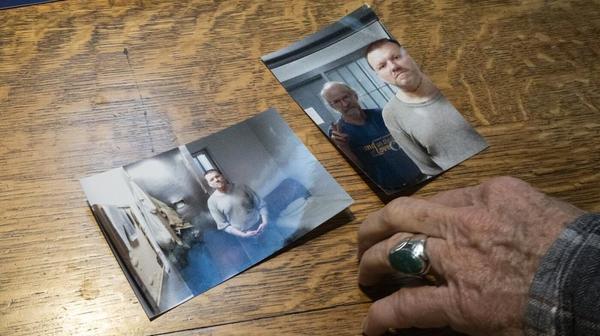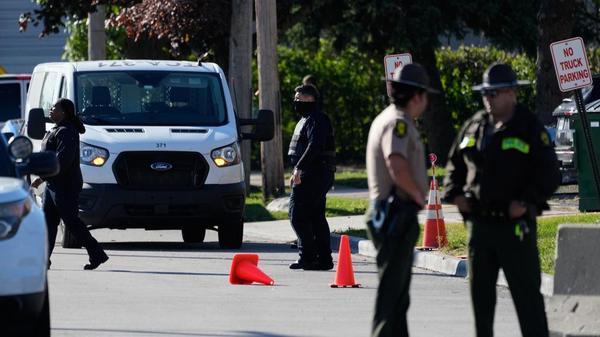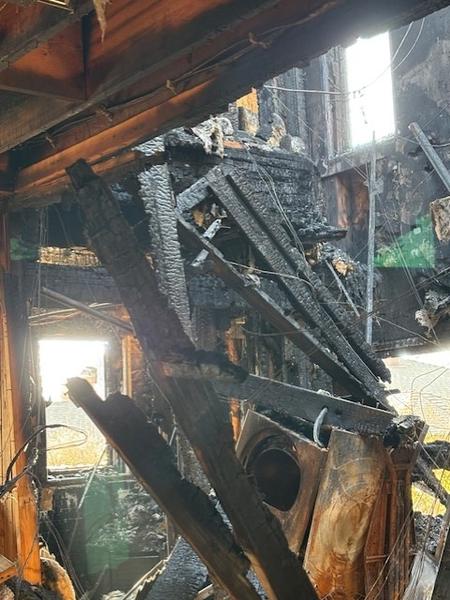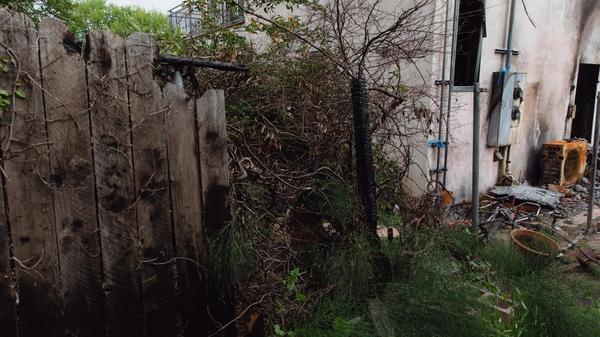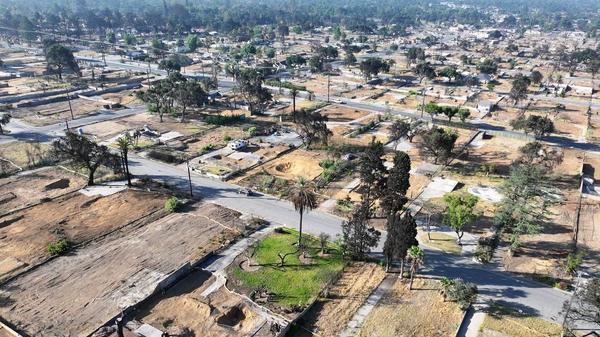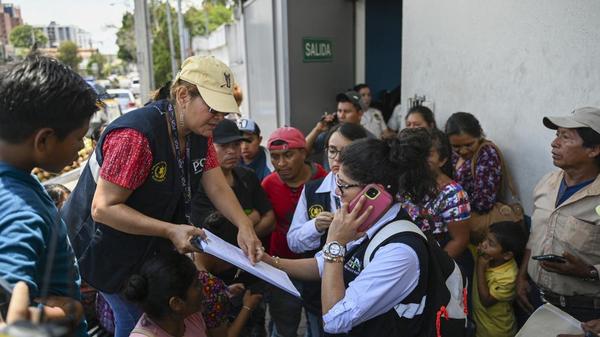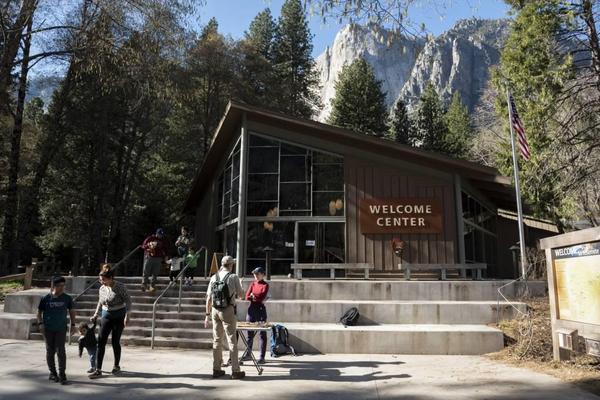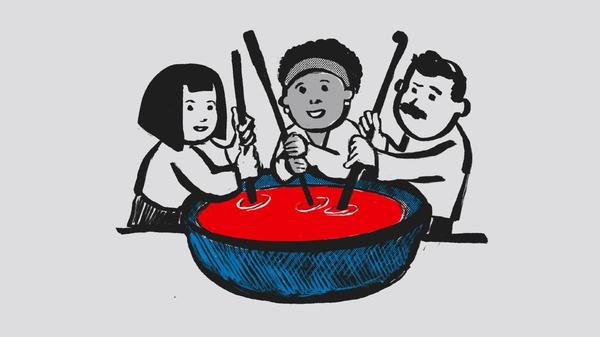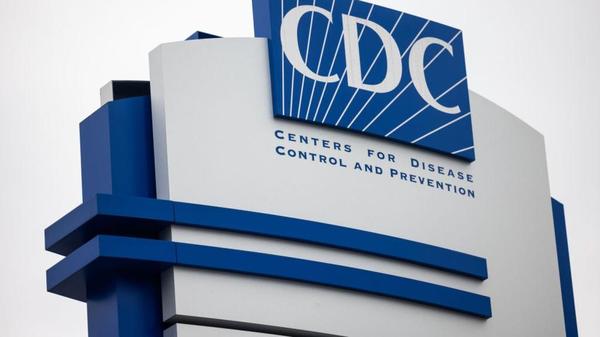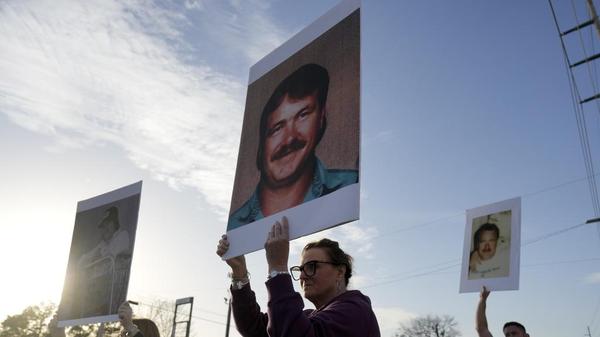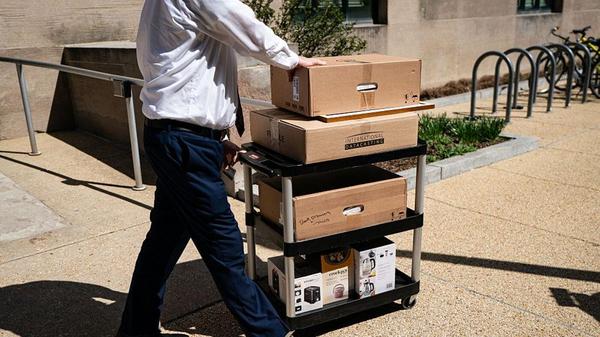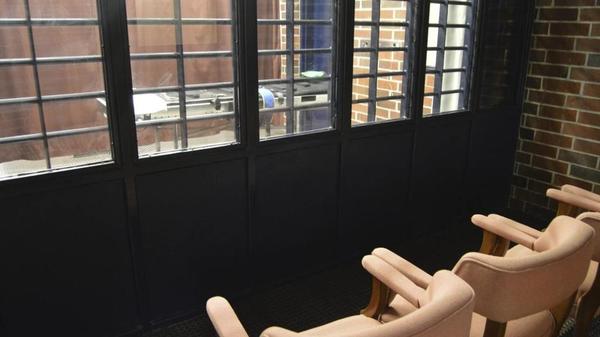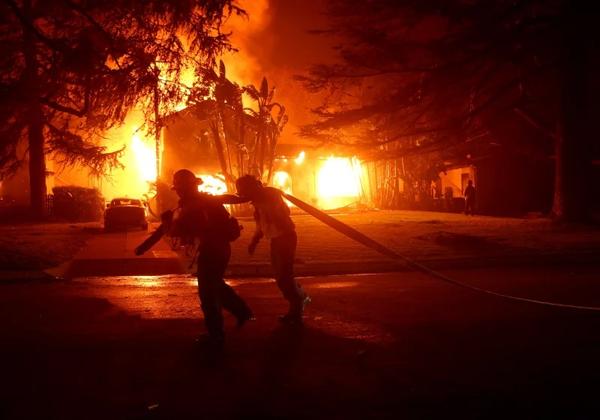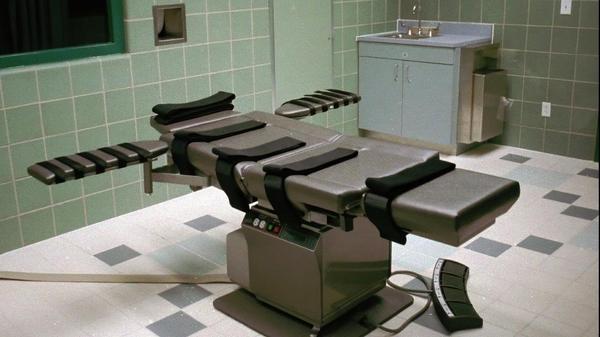Taylor Lorenz
•
30th July 2025
The Public Health Internet Is Crumbling
The internet has become the primary way that people get public health information. Especially since the pandemic began in 2020, millions of people have turned to platforms like Twitter, Instagram, Facebook, and newsletters to keep up to date on things like food recalls, infectious disease reports, and more.
But now, CDC social media channels have gone dark, and the agency's public health communication across the internet is being cut off and dismantled. Chiara Eisner is an investigative reporter at NPR and she's been covering the fiasco at the CDC. We talk about the crucial role that the internet plays in public health and why what's happening right now under Trump and RFK and why it might set us back decades.
